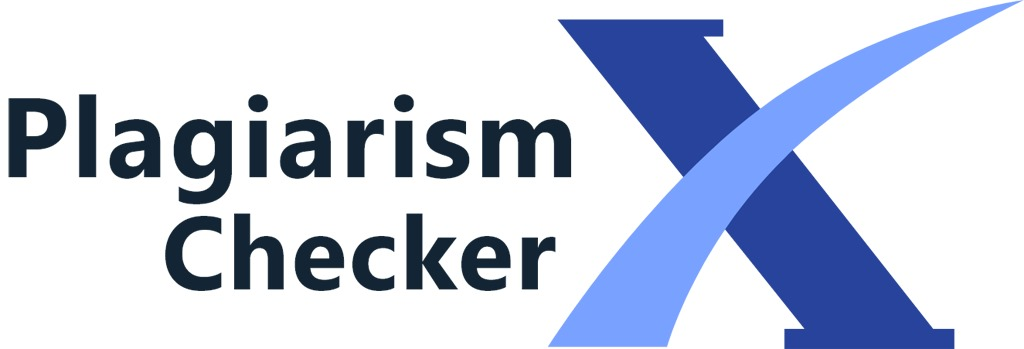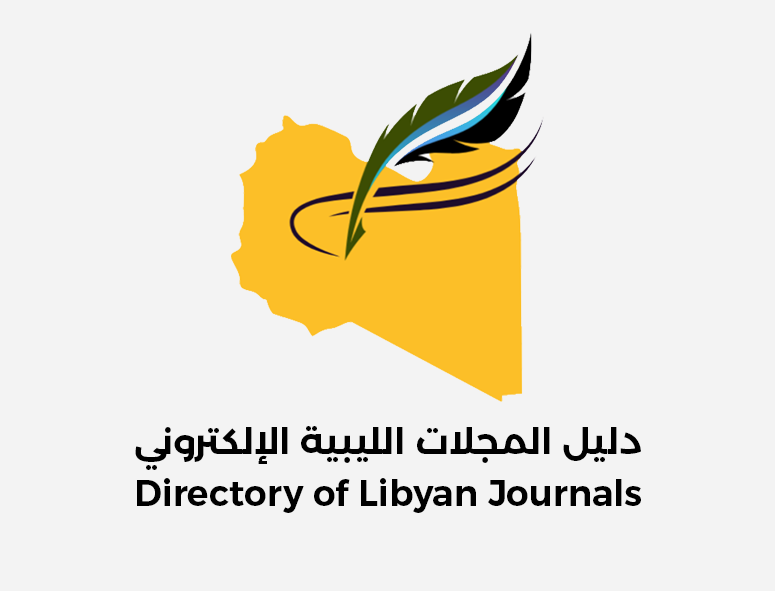التجديد في مشروع سلامة موسى النهضوي الآليات والمألات
DOI:
https://doi.org/10.26629/uzfaj.v23i(41).399Keywords:
سلامة موسى , التجديد ,الإصلاحي ,الليبرالي, التطور العلمي ,التيار الديني .Abstract
The research focused on the most prominent representatives of the reformist liberal Renaissance movement in contemporary Arab thought. It was found in exceptional circumstances, perhaps the most prominent of which is that the determinant of the direction of this discourse is the interaction with the Western model in which reform took place, as well as what was known as the European Renaissance in a time of Western precursors. This is what prompts us to propose There are many questions about the legitimacy of what the pioneers of Renaissance reform are calling for in modern and contemporary Arab Islamic thought, in terms of their starting points or in terms of the results they aspire to.
As we consider Salama Musa (1887 - 1958) as a model of renaissance reform, we will work to compare this problem and issues in light of the intellectual perspective that he adopted in his reformist, social, educational and political renaissance project, the thinker who combined in his works history, science, religion, philosophy, politics and economics and wrote about development and women. Freedom, language, identity, culture, and socialism. During his life, he fought many intellectual battles, in which he was attacked and opposed by both public and private. His works are still fighting the largest intellectual battles to date in order to liberate the Arab mind from the shackles of ignorance, superstition, and imitation, and link it to its own framework by adopting the liberal current in its scientific, evolutionary form. In an era dominated by the religious movement with which it entered into conflict, therefore, what are the principles, starting points, or rules that Salama Musa relied on in order to embody the theory of evolution in contemporary Arab thought, to simplify it and communicate it to the general public? The most important criticisms and problems that faced his philosophy.

Downloads
Published
How to Cite
Issue
Section
License
Copyright (c) 2023 مجلة كلية الاداب

This work is licensed under a Creative Commons Attribution-NonCommercial-NoDerivatives 4.0 International License.









